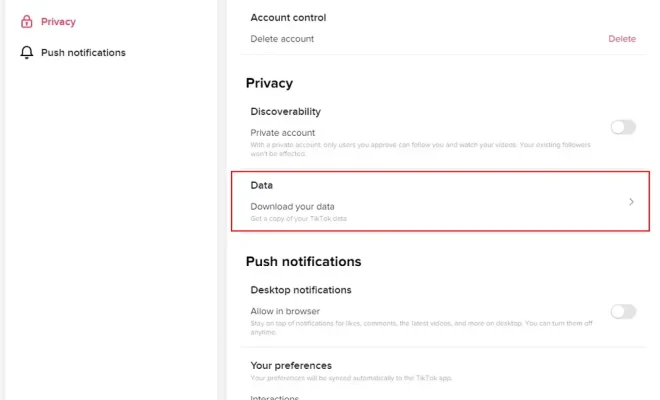Solar Pricing and Incentives in Nevada
Introduction:
Nevada, known for its abundant sunshine and desert landscapes, is increasingly becoming a hub for solar energy. With the state’s aggressive renewable energy goals and an average of 300 days of sun each year, more and more homeowners are switching to solar power. This article will explore solar pricing, incentives, and programs available to Nevada residents looking to make the leap into clean, renewable energy.
Solar Pricing in Nevada:
Solar pricing depends on various factors such as system size, installation cost, equipment used, and location. In Nevada, the average cost of a solar system ranges from $2.50 to $3.50 per watt. For a standard 6-kilowatt (kW) residential solar system, the total cost before incentives would be around $15,000 to $21,000.
It’s important to note that this cost may vary depending on the specific needs of your home, as well as the solar provider you choose. The costs mentioned here are just estimates and should be used for planning purposes only.
Federal Solar Incentives:
One of the key incentives available to all U.S. homeowners is the federal investment tax credit (ITC). As of 2021, this tax credit allows you to deduct 26% of your solar installation cost from your federal taxes. This rate will decrease to 22% in 2023 before being phased out entirely for residential systems in 2024.
Additionally, there might be regional utilities offering cash rebates based on installed capacity or other local programs that can help you offset costs and drive down the price you pay for your solar investment.
Nevada-Specific Solar Incentives:
In Nevada, several state-specific incentives can help reduce the cost of installing a solar PV system even further:
1. Net Metering: Nevada’s net metering policy requires utilities to credit solar homeowners for the excess energy they produce and feed back into the grid. These credits can be carried forward, offsetting electric bills during months when energy consumption is higher.
2. Property Tax Abatement: Nevada provides 100% property tax exemptions on a solar system’s value for both residential and commercial properties. This means that your property tax bill will not increase due to the installed solar system.
3. Solar Rights Law: Nevada’s Solar Rights statute prevents restrictive covenants from prohibiting solar installations on residential rooftops. This ensures that homeowners have the right to install solar panels, with some limitations regarding their placement and aesthetics.
4. Renewable Energy Program Rate: The state’s largest utility, NV Energy, offers financial incentives for residential customers who install solar systems through the Renewable Generations Rebate Program, helping reduce installation costs by up to $1,500.
Conclusion:
Using abundant sunlight to generate clean renewable energy is becoming increasingly popular in Nevada, thanks to falling solar prices and attractive incentives at both the federal and state levels. By investing in a solar system for your home, you will not only contribute to Nevada’s ambitious clean energy goals but also save money on electric bills in the long run while reducing your carbon footprint.





